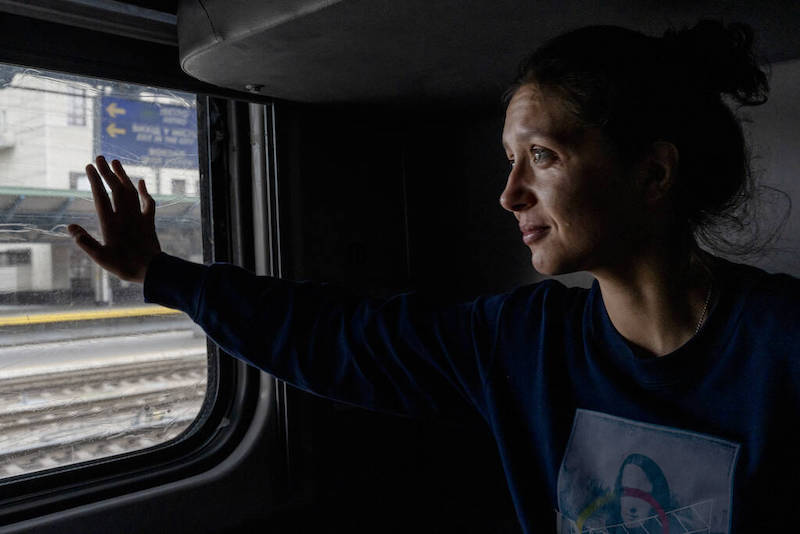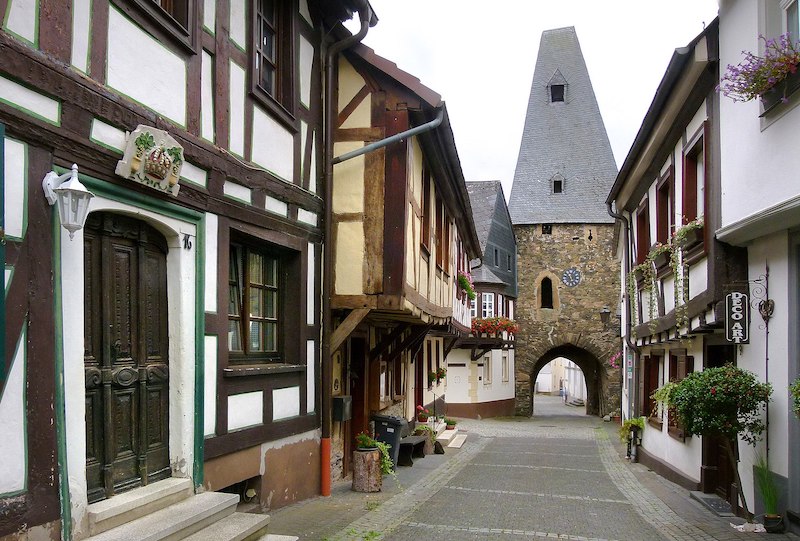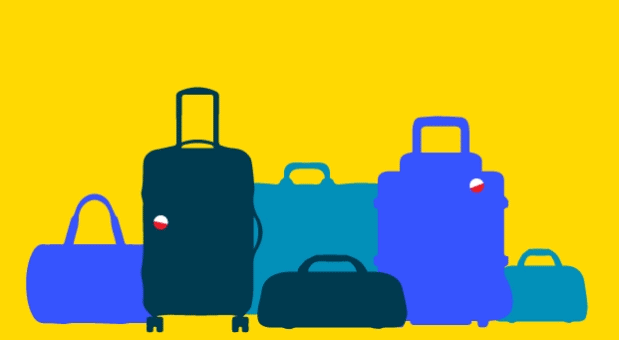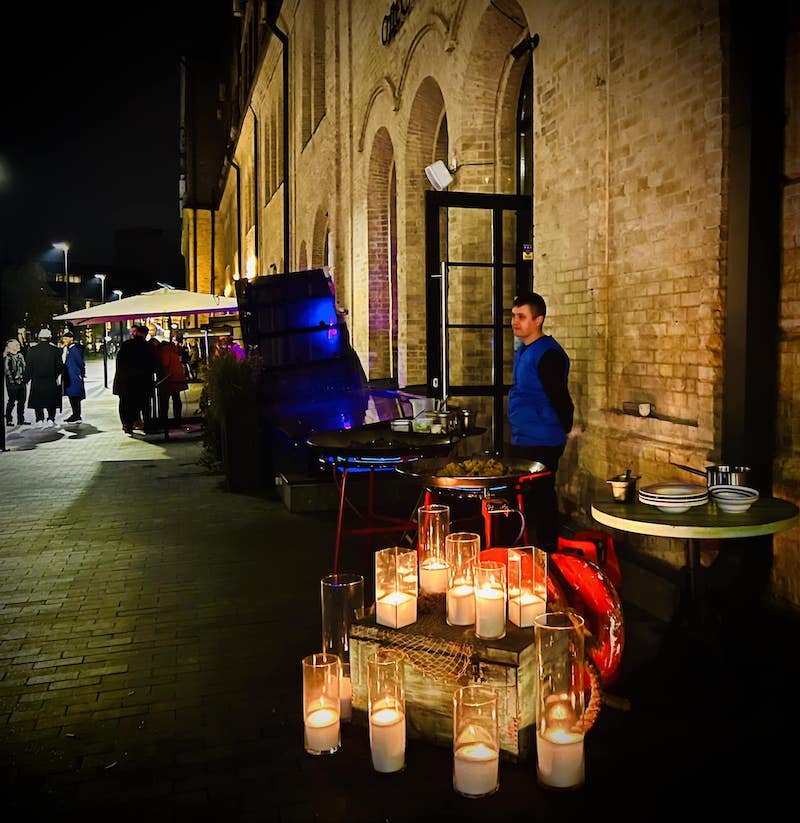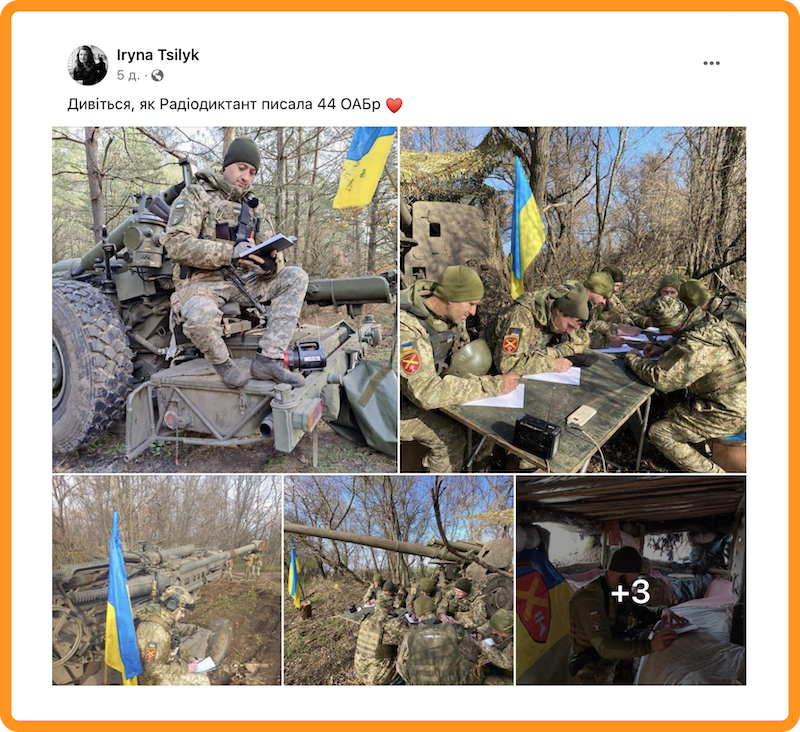Daria remembers the night of 23 February as if it were yesterday. The 29-year-old film producer was sleeping in her spacious Kyiv apartment with the window open when sirens sounded. “I was annoyed because I thought it was a car alarm,” she says.
“I turned on my cell phone and my mother had posted a message on the family group in WhatsApp. ‘It’s started’, she said.” The first explosions struck the Ukrainian capital. “I was shocked, paralyzed. I took refuge in a shelter. I thought I would stay there for twenty minutes, but I spent two weeks without going outside,” adds Daria.
The Russian invasion triggered a trauma for her. “I started to feel very bad. I couldn’t sleep. I told myself that I had no choice but to leave.” On 18 March, Daria left Kyiv in a hurry with a small bag, “like a refugee”. Her destinations were Warsaw, then Geneva, then Paris. She had already studied cinema for five years in the French capital, and joined tens of thousands of Ukrainians who found refuge in France.
Daria put her bags down at a friend’s house, in the lively Buttes-Chaumont neighborhood.’For the first few days, she managed to rest a little. Her big blue eyes were tired from sleepless nights spent collecting money for the war effort or in the kitchens, where she prepared meals for Ukrainian soldiers.
But even in Paris, something seemed wrong. Despite her friends’ support, Daria felt alone in her struggle. “When I arrived, I found it hard to see people happy, to be in a country at peace when mine was at war,” she says. Daria tried by all means to inform the French about the situation in Ukraine.
She participated in all the demonstrations, organized solidarity dinners, and covered herself with fake blood to try to alert the population. She never went out without her Ukrainian flag, which she tied on her shoulders. “I recreated the atmosphere of wartime kitchens in the 10th arrondissement of Paris. [To raise money for the war effort] We prepared 1,000 meals for the locals, but sold only 50 of them. I was really disappointed. French people don’t understand that Ukrainians are fighting to protect the rest of Europe,” she says.
On 19 May, Daria made a radical decision: she returned to Ukraine, even if this possibly meant losing her life. She needed to find her friends, her family and be among those “who know what war is”. On her way back, where I joined her, her emotions changed from laughter to tears. On the train between Poland and Ukraine, she could no longer hold back her emotions: “It’s over, I’m going home,” she said, before bursting into tears. Her smile widened as she moved closer to home.
Now the country is chaotic. In most cities, anti-bombing sirens still wail several times a day. In Kyiv, it is possible to have brunch on the terrace of a trendy restaurant down the street from military funerals. But the young producer knows that she’s not alone. More than 2.5 million Ukrainians have returned home since the beginning of the Russian invasion. Six months later, Daria has no regrets. She tells me that she will stay in Ukraine “until the victory”.


